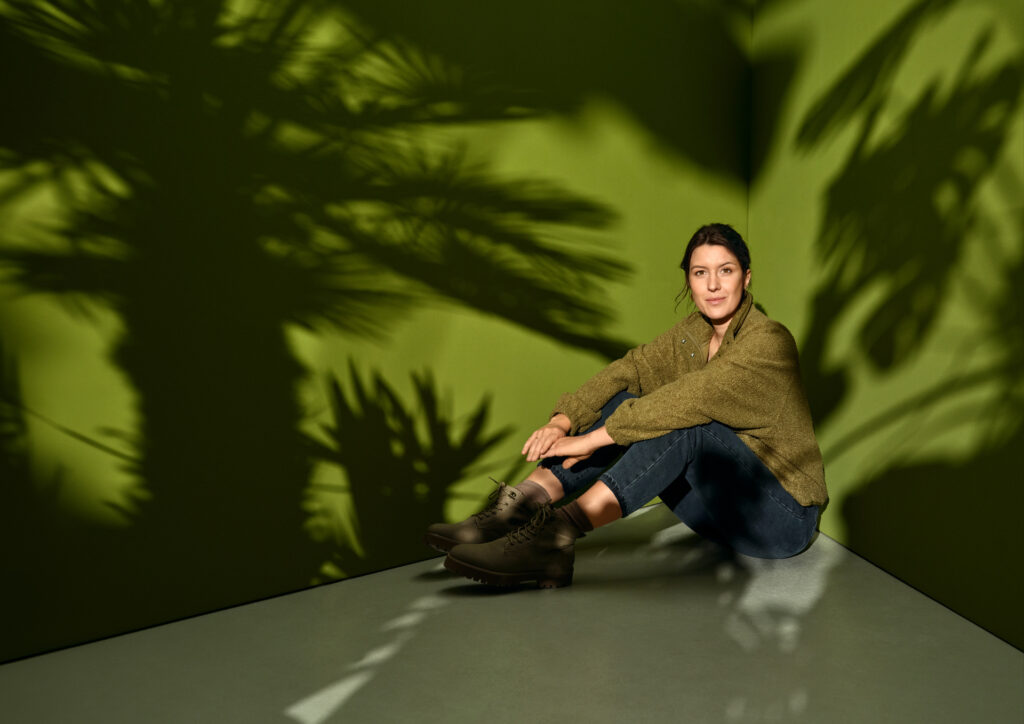About our NGO
How everything started –
the founding story of our organisation
Nepada Wildlife e.V. was founded in 2017 by veterinarian Hannah Emde and non-profit expert Jannes Vahl. Hannah inspired like-minded nature lovers with her personal experience from conservation projects in various biodiversity hotspots around the world. This led to the idea of doing more for global wildlife conservation.
It quickly became clear that successful wildlife conservation can only succeed in coherence with the protection of the associated habitats and in collaboration with the locals. To make this work, the founding team of Nepada Wildlife combines many skills and is just as colourful and diverse as biodiversity itself. In addition to passion, the protection of biodiversity requires a great deal of experience in the fields of communication, education, finance, public relations, biology, agriculture and forestry, medicine, management consultancy, administration and development policy. The organisation’s statutes and objectives were drawn up together with all these functions in order to define the guidelines for our joint work.
Nepada Wildlife wants to inspire people to protect biodiversity and contribute to the conservation and restoration of nature by supporting international wildlife conservation projects and educational work in Germany. The success of our projects shows that it’s not too late to protect biodiversity, together we can make a difference.
With the support of many volunteer experts, Nepada Wildlife is developing into an active and ambitious wildlife conservation organisation: our team continues to grow, which in turn has helped us grow the organisation steadily. And best of all – we have already gained many sponsors and supporters who are helping to shape the organisation – without you our work wouldn’t be possible!
Interview
Hannah Emde - Wildlife conservationist, presenter and founder of Nepada Wildlife e.V.
Since Hannah Emde's first project in 2017, the organisation has been working on various conservation projects in our planet's biodiverse regions. Below, Hannah explains how the organisation was founded – and what continues to drive her.

Hannah Emde – Founder and Chairwoman of Nepada Wildlife e.V. Image credit: ZDF/Tobias Schult
The interview with Hannah Emde
was conducted by Nina Kirst in February 2024

You are a licensed veterinarian and have worked on research projects around the world. You're also a representative for wildlife conservation as a presenter of ‘Terra X: Fascination Earth’ (national TV) and have co-founded Nepada Wildlife e.V. in 2017. What drives you?
I want to inspire enthusiasm for nature and animals and educate people about their importance and benefits for us humans. We must not live at the expense of nature, but should live in harmony with it wherever possible. This requires respect, but also an intelligent approach to nature. One key to protecting it is a circular economy with the sustainable use of resources in order to maintain that precious balance. We are pursuing this with Nepada Wildlife e.V. and all my other projects aim towards this common goal as well.


